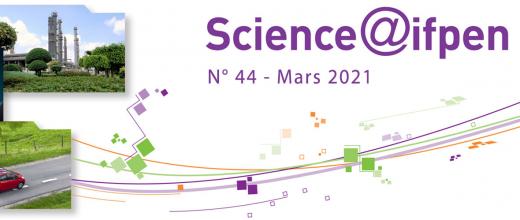At a time when the European Union is targeting carbon neutrality by 2050 (i.e., net zero greenhouse gas emissions), global CO2 emissions from the transport sector, which represent a quarter of the total, are continuing to increase. To overcome this and address the climate emergency, technological improvements and carbon taxes do not appear to be enough. There also needs to be a change in behavior...








